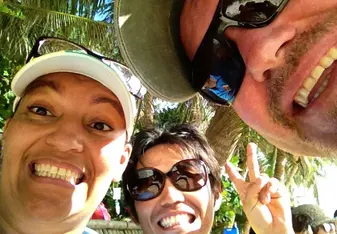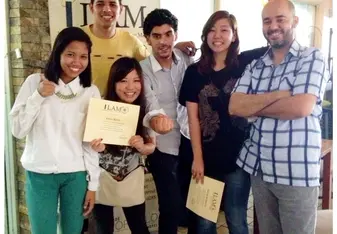Location
Multiple Locations +2
- Philippines
- India
- Himalaya
Length
12 - 26 weeks
Classroom Audience
High School
Feb 25, 2019
Jan 24, 2019
0 travelers are looking at this program
About Program
Science Corps helps empower the next generation of global scientists by placing PhDs to teach and to develop scientific capacity in regions that lack access to STEM education. Science Corps Fellows support schools and projects by teaching, creating science curricula, hosting workshops, and demonstrating experiments that provide students with hands-on STEM experience. Fellows have recently completed their PhD in a STEM subject or will be graduating soon. Fellows are passionate about their field and looking for an opportunity to leverage their experience to teach and inspire students abroad. Fellows help bridge the global gap in STEM educational opportunities by creating lasting tools and curricula for the sites where they teach.









